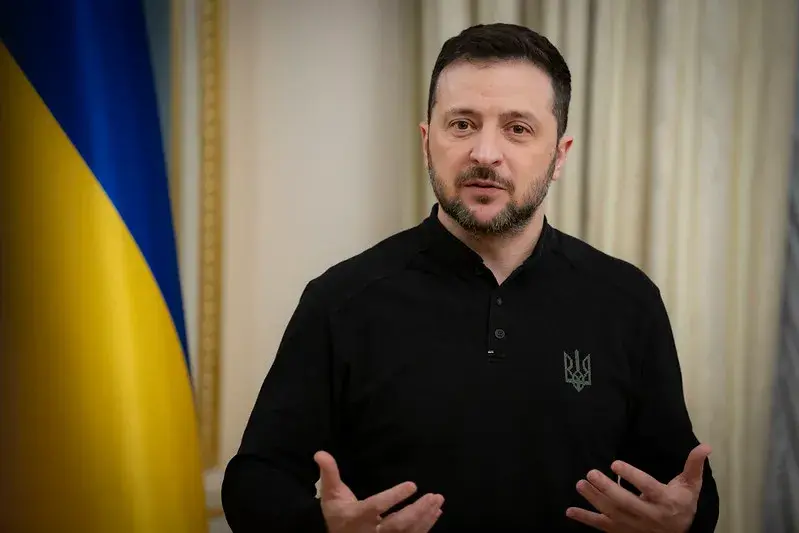Attack targeted key supply corridor to Ukraine; suspects allegedly fled to Belarus after the explosion.

Poland’s government announced on Tuesday that investigators have officially identified two Ukrainian nationals as the primary suspects behind a deliberate explosion on the Warsaw–Lublin railway line earlier this month — an attack authorities say was carried out in coordination with Russian intelligence services. The announcement was made by Prime Minister Donald Tusk, who described the episode as one of the most serious acts of sabotage on Polish territory in recent years.
According to preliminary findings, the two suspects are believed to have crossed into Poland from Belarus earlier in the autumn, planted an explosive device along the strategic rail corridor, and then returned to Belarus almost immediately after the blast. Officials said one suspect had previously been convicted in Ukraine for sabotage-related activities, suggesting that both had been involved with Russian operatives for an extended period before the attack.
The explosion occurred on a route widely regarded as a vital artery for transporting humanitarian supplies and military equipment toward the Ukrainian border. Investigators reported that the device was attached to the track using a cable system meant to ensure detonation as a train passed. A second attempt, involving a steel clamp designed to derail a carriage, was also discovered nearby, reinforcing the view that the attack was a coordinated effort rather than an isolated incident.
Tusk said the attack could have caused a “catastrophic” accident had trains been travelling at full speed, calling the incident an unprecedented threat to state security. He added that evidence collected so far indicates the suspects acted on instructions from Russian operatives seeking to disrupt logistical support for Ukraine, which has relied heavily on Poland’s infrastructure since the war began.
Polish security agencies have intensified monitoring on several key rail routes following the attack and announced a temporary increase in national alert levels. Authorities also requested cooperation from Belarus in detaining the suspects — a request observers widely expect will go unanswered, given Minsk’s close alignment with Moscow.
Ukraine’s foreign ministry said it would assist Polish investigators, emphasising that the actions of the two suspects did not reflect Ukraine’s stance and reaffirming Kyiv’s commitment to supporting the inquiry. Ukrainian officials highlighted that the suspects had already been prosecuted in Ukraine in the past, underscoring the long-standing challenge posed by saboteurs operating on behalf of Russia.
The Kremlin dismissed Poland’s accusations as politically motivated and part of what it termed “anti-Russian hysteria,” rejecting any claim of state involvement. However, security analysts noted that the attack fits a broader pattern of sabotage, cyberattacks, and intelligence operations attributed to Russian services across Europe since the full-scale invasion of Ukraine in 2022.
Officials in Warsaw warned that further attempts to disrupt critical infrastructure cannot be ruled out. As a key logistical hub for Ukrainian aid, Poland has repeatedly been flagged by intelligence agencies as a priority target for Russian hybrid operations designed to sow uncertainty, complicate transport flows, and test the resilience of European security structures.
Keep Independent Journalism Alive
In a world flooded with noise, independent journalism is more vital than ever. We work hard to bring you clear, accurate, and unbiased international news — free from corporate or political influence.If you believe in the power of honest reporting, please consider making a donation. Every contribution, big or small, helps us stay independent and keep the world informed.
Support us via PayPalYour support makes a difference.


